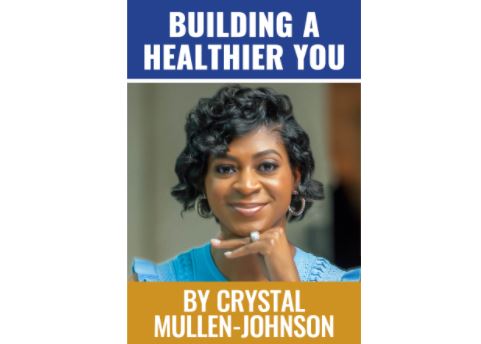By Crystal Mullen-Johnson
During the month of February, we celebrate the life and legacy of African American trailblazers who used their voices to advocate for positive change in our country and to eliminate a system of racial discrimination. We also celebrate those who blazed trails as inventors, researchers, and innovators.
Black History is more than a month observed, it is a reminder of African American’s courage, strength, and resilience in overcoming oppression, discrimination, and racism. African American history shapes our beliefs, culture, and our mental health.
The Black History Month theme for 2022 is Black Health and Wellness.
What is Mental Health and Mental Illness
African American mental health is greatly impacted by environmental factors, such as chronic stress, racism, crime, substance abuse, and trauma. The inability to cope with problems also impacts African American mental health. The mental health of African Americans may suffer because of mental health miseducation, mental health stigmas, myths about therapy, and poor wellness management. Mental health impacts one’s psychological, emotional, and social well-being. One’s thoughts, emotions, and behaviors are impacted by their mental health. Management of mental health determines one’s response to stress and how relationships are managed.
Mental health and mental illness are often confused. Mental illnesses are medical conditions diagnosed by a medical doctor. Depression and anxiety are two of the most common mental illnesses diagnosed in African Americans. Sadly, mental illness has mistakenly been stigmatized, by referring to a person as “cra cra” or “crazy.” Medical doctors diagnose mental illness and treat symptoms of the illness with medication. Additionally, they may recommend therapy by a licensed mental health provider.
The stigma of mental illness in the African American community often creates shame and doubt. As a result, many are unlikely to consider speaking with licensed professionals who specialize in treating mental illness. Mental health suffers when signs of mental illness are ignored. Cultural and religious beliefs that problems will go away if we “pray” about them are causing far too many people to suffer. Prayer is a great coping skill but it is not a treatment method for mental illness.
Prioritize mental health! Lives are taken daily by suicide; crime rates are increasing in our community; and COVID-19 is negatively impacting our mental health. Researchers report that those in the African American community are 20 percent more likely to experience mental health problems. Suicide has also risen during the pandemic. A recent study shows an increase in suicide in African American boys ages 5-12. Pay attention to your kid’s mental health. Look for changes in their mood and behaviors. Ask questions, be supportive, and have empathy. Familiarize yourself with the signs and symptoms of suicide, mental health conditions, and mental health resources.
You are not alone in your struggle. I encourage you to join me in raising awareness about mental health. Learn more about how Nurture, LLC and Strive Counseling’s services can provide mental health support in Birmingham.
Crystal Mullen-Johnson is a Licensed Clinical Social Worker and a Registered Play Therapist in Birmingham, AL with more than 16 years of experience in providing counseling. She is the owner and founder of Strive Counseling Services, a private practice located in downtown Birmingham that offers therapeutic mental health services to children (play therapy), adolescents, and adults. Strive offers evidence-based therapeutic modalities such as Cognitive Behavioral Therapy (CBT). Contact us at (205) 721-9893 to inquire about Telehealth Services or visit our websites, www.strivebhm.com
She is also the Founder/President of Nurture, LLC, a non-profit organization in Birmingham, AL serving as a resource for the underserved socioeconomic groups in the Birmingham community. Learn more about nurture by visiting out website, www.nurturebham.com .




